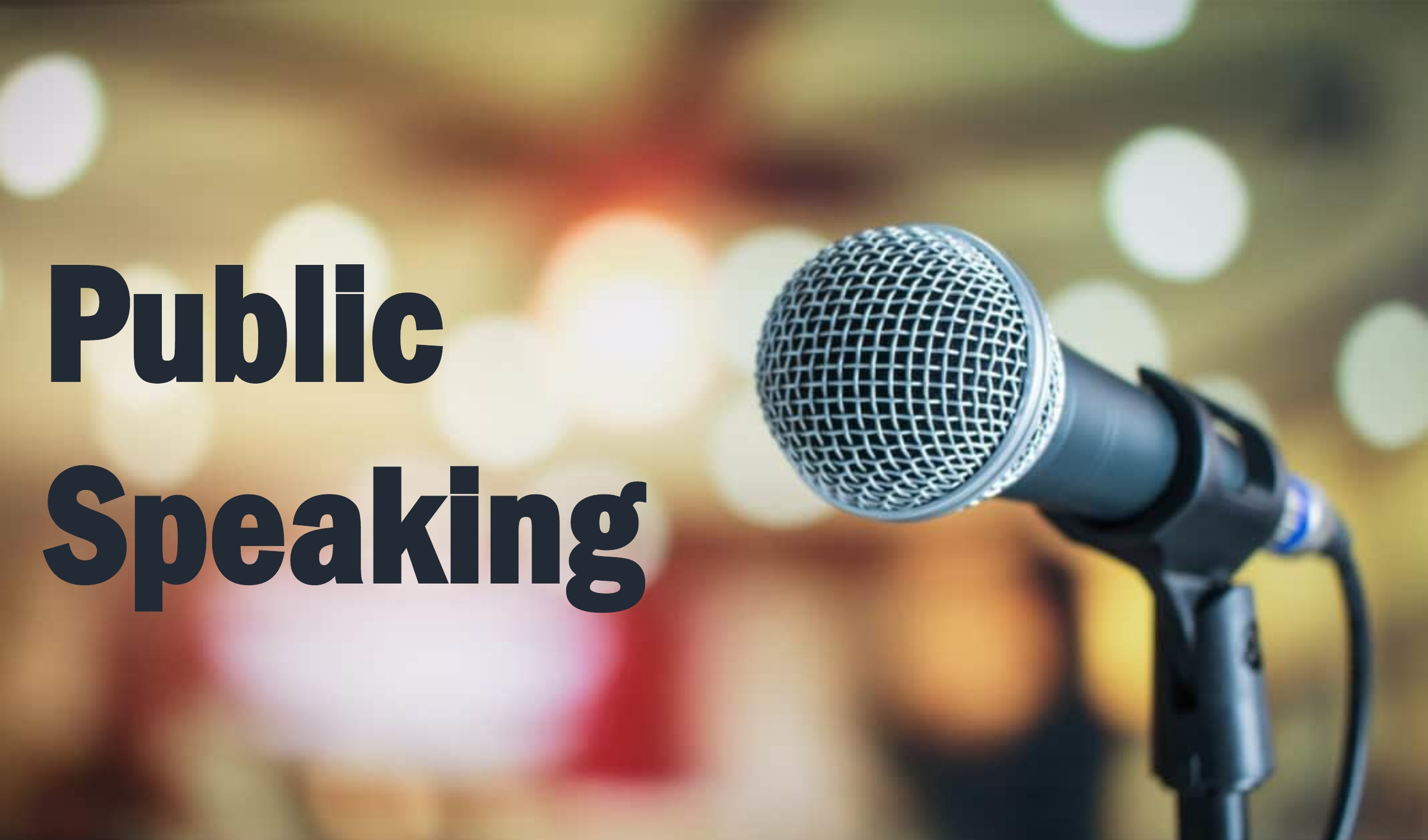
I recently got an e-mail that prompted me to address a survey about what I feared most. Because my greatest fear at that minute was the worry of receiving more unsolicited e-mail, I didn't reply to the e-mail. Nevertheless, I did start thinking of the subject of worry. What are we afraid of? What is fear? What can we do about it? All of us have fears at one time or another and to one degree or another. I did a little research study of my own and found that beside terrorist, worry of public speaking and fear of success ranked high up on the list of things people fear the majority of.
Take a look at it in this manner, if your listeners just desired a talking head, a tape recorder can be positioned on a stage. No, for you to be a compelling and efficient speaker to get your important message, your concepts, to encourage your audience, mere words are insufficient!
To end up being calm prior to getting up to speak, when there has to do with 2 or 3 minutes till you need to stand, take a very deep breath, as much as your lungs can take in. Exhale slowly. Wait a minute and then do it again: deep breath, hold, and exhale slowly. You'll be impressed just how much calmer you will feel. Although we do not recognize it, when we are tense we tend to take really shallow breaths, with the outcome that we start to starve our brains of oxygen, which then makes our stress and anxiety even worse. Deep breathing stops this vicious circle of increasing anxiety and restores our calmness.
In some cases your mistakes are funny. Hermine Hilton, the popular memory professional, tells of a speaking engagement in Nigeria where she tried to pronounce the names of members of the audience and innocently added sexual innuendo. She said everybody was falling on the flooring with laughter. The majority of foreign audiences do value your effort to speak their language.
Oratory Checklists. Instruct the value of producing and utilizing lists while preparing and delivering speeches. Encourage your students to click here make lists of important points and must-say products before the speech.
In this way the speech is drawn up and check out aloud word for word to the audience. When giving your first speeches this technique is appealing because the speaker does not Public Speaking Methods depend on their memory due to the security of the speech. This does make sure that absolutely nothing is forgotten and the speech is accurate. The drawback is that you lose your individual appeal due to the fact that your head is bowed reading. And it is tough to talk expressively and keep a conversational element to your delivery. However it is helpful in political and extremely questionable speeches to read aloud to prevent misquotes or being sued.
The fear of public speaking is one of these fears that can have several roots that, with time, can develop this extreme fear. There may not be a specific incident that shocked them. However, this does not indicate that you do not have specific incidents that you can remember being scared to speak.
You will lessen your tension naturally instead of increasing it if you can discover the techniques to breathe in this style. Shallow or lazy breathing, which is normal of most of the population, just contributes to your anxiousness. Breathing with support permits you to remain in control, by decreasing your stress.
Comments on “Public Speaking - To Join Or Not To Sign Up With An Association?”